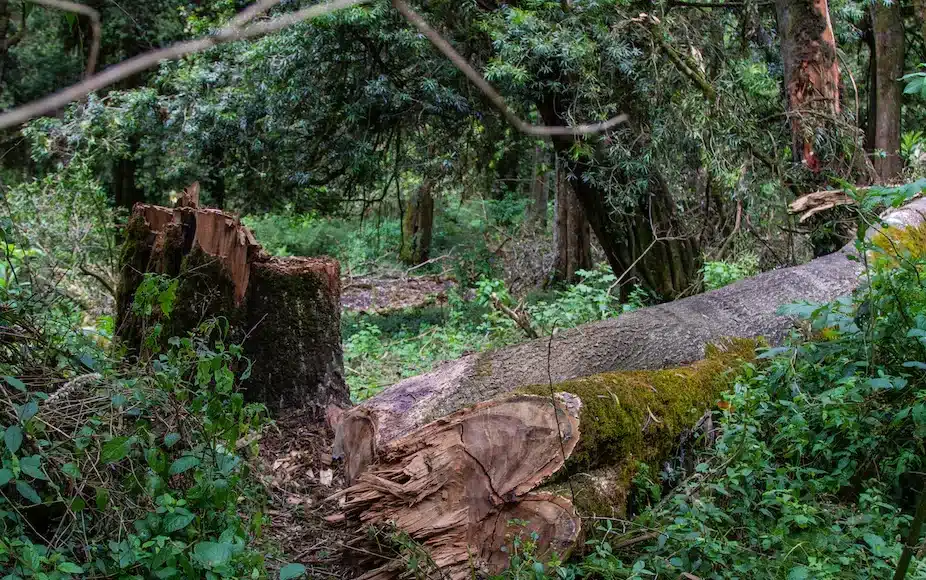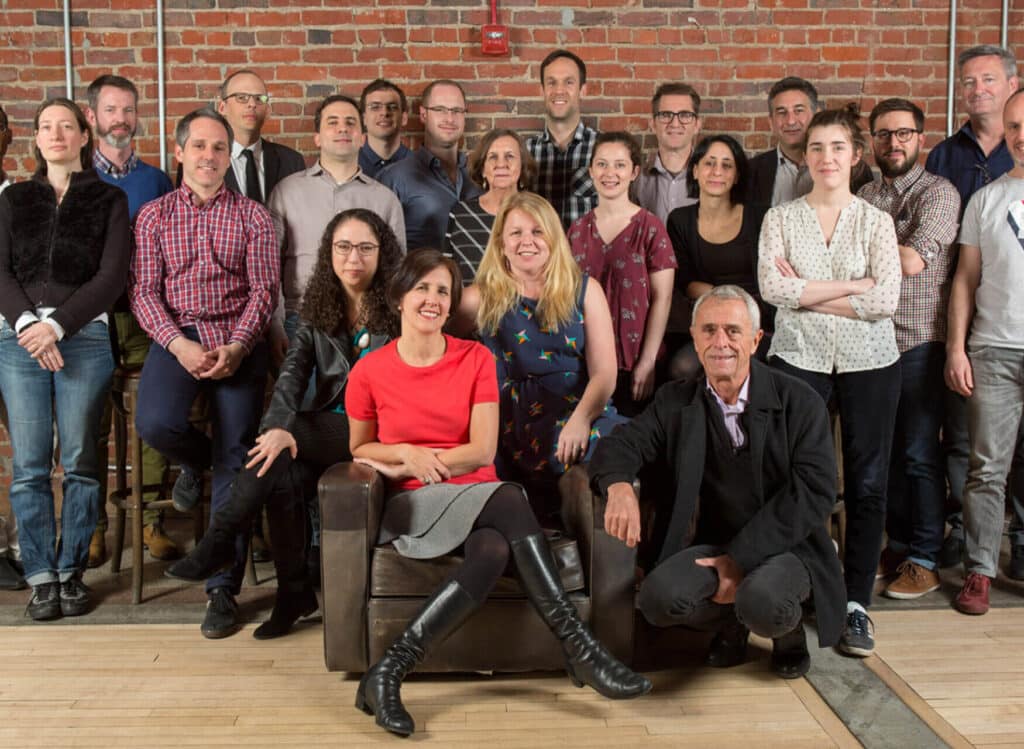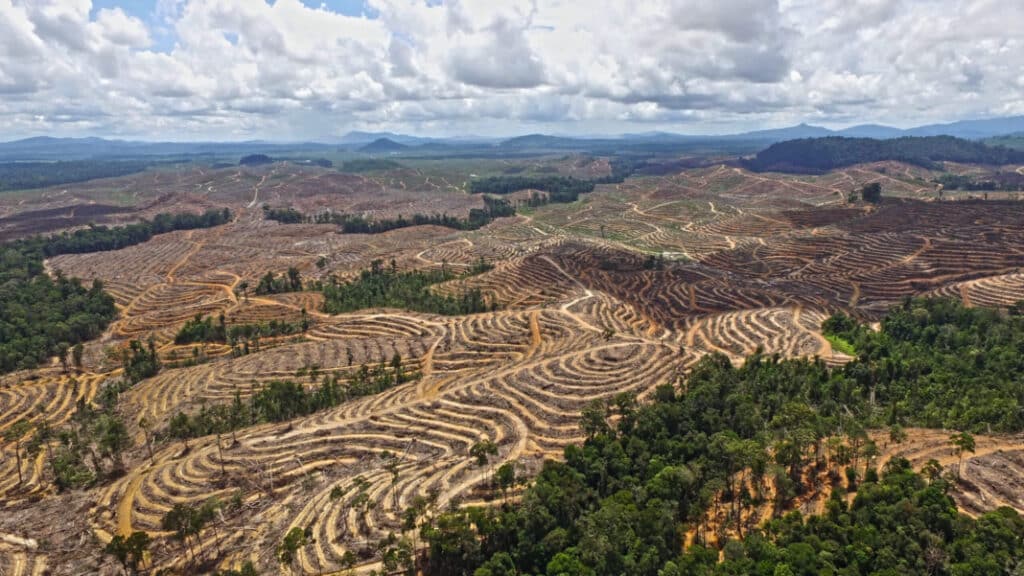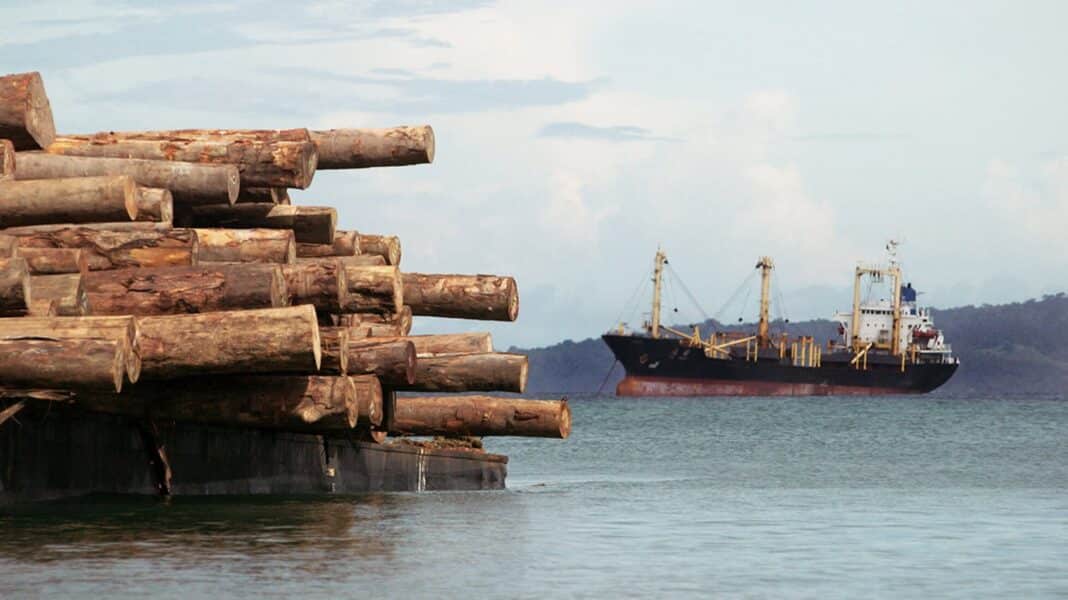As Australia’s timber manufacturers and the building sector scramble for vastly diminishing supplies of structural wood from any source, the sector needs to be stay watchful on the rules of the Illegal Logging Prohibition Act which came into effect 11 years ago.
The Illegal Logging Prohibition Act, which is modelled on the FLEGT framework, requires that timber be legal in the country of its origin. It does not however regulate against conflict-timber from Russia, Bealrus or Ukraine.
The federal government has invested $0.9 million over the last two years, delivering a series of studies to assess current and future exposure to illegally logged timber imports.
As part of this commitment, the studies assess:
- Australia’s current and future exposure to illegally logged timber imports.
- How Australia’s laws have reduced demand for illegally logged timber.
- Where enforcement efforts under the laws can be tailored to emerging risks.
The studies are used to develop a set of recommendations for better targeting compliance efforts across the 30,000 importers and $7.8 billion of annual trade regulated under illegal logging laws.
Up to 10% of Imported Timber Could Be Illegal
The Department of Agriculture, Fisheries and Forestry (DAFF) has the authority to issue infringement notices under the Act, with penalties of $2,520 for individuals and $12,500 for incorporated entities per offense. Non-compliant importers and processors may also face civil and criminal prosecution.
Last month Wood Central reported that DAFF fined 14 furniture importers over $186,000 for not taking measures to reduce the risk of importing illegally harvested timber. Peter Timson, Head of Compliance and Enforcement at DAFF, estimates that illegal timber trade could make up around 10% of all products entering Australia, negatively impacting domestic production, regional businesses, and communities.

But wood, like so many global commodities, is susceptible to ‘greenwashing.’ This term refers to the practice of providing deceptive or misleading information about a product’s environmental and legal qualities, creating a false impression of its sustainability.
Using Big Data to Unmask False Ecolabels
Now a group of anti-greenwashing heroes and hunters, 140 journalists in 27 countries, is nearing the end of a nine-month inquiry into environmental breaches by firms, including an examination of import documents concerning forest products, court records, audit company reports, penalties, and eco-certificates granted to businesses in the timber industry.
The investigative journalists, affiliated with the International Consortium of Investigative Journalists (ICIJ) and collaborating with Deforestation Inc., have scrutinised over 2000 instances involving 410 companies purportedly involved in environmental transgressions across a minimum of 50 countries.

Papua New Guinea, Sumatra, Indonesia and Africa under review
Over the past 25 years, the ICIJ discovered that at least 340 forest product companies were cited by governmental agencies and environmental organisations for a wide array of destructive practices, despite having received sustainability certification from auditors.
These companies were later accused of illegal activities, such as overharvesting old-growth forests, bribing forestry officials, importing wood products in violation of trade restrictions, and conducting inadequate supplier checks.
Subsequently, 50 of these certified companies were fined or convicted by a government authority or court. However, the true extent of such cases is likely underreported, as many government databases of environmental crime don’t identify the culpable companies.
The analysis revealed that 48 auditors had approved forest product companies previously charged with offences like logging in Indigenous forestlands and protected reserves, using fraudulent permits for continued tree-cutting, and importing illegally harvested timber. This certification process allowed these companies to label their products as sustainable – from paper cups to luxury yacht decks – even when it was uncertain if their detrimental practices had ceased.

Environmental violation data was collected from sources such as government websites, including Brazil’s Brazilian Institute for the Environment and Renewable Natural Resources (Ibama) and the Ministry of Environment and Climate Change Strategy from British Columbia, Canada. Reports by environmental groups and government responses received from partners in various countries were shared through ICIJ’s Global I-Hub communication platform.
ICIJ’s data and research team created spreadsheets to organise, classify, and fact-check allegations made against forest industry companies worldwide. They then cross-referenced each company’s name against “green certificate” databases maintained by organisations like the Forest Stewardship Council (FSC), the Program for the Endorsement of Forest Certification (PEFC), and others, examining the certification timeframes and involved auditors.
The consortium categorised these cases to determine whether certificates were valid before, during, or after allegations against the companies were reported. It then focused on cases that occurred while certificates were valid, using these for the final analysis.

The ICIJ also analysed data on the implementation of the current European timber regulation, which has prohibited the import and trade of wood products associated with illegal harvesting since 2013. The analysis is based on monitoring reports submitted by member states to the European Commission between 2019 and 2021. According to an ICIJ review of government websites, only about half of EU countries make these reports publicly accessible.
Upon examining these EU reports, the ICIJ discovered that between 2019 and 2021, officials in EU member states inspected less than 1% annually of the estimated number of companies importing and trading forest products in their respective countries. Most EU reports contain aggregated data rather than detailed case narratives, limiting the analysis.
- With extracts from ICIJ members Emilia Díaz-Struck, Delphine Reuter, Jelena Cosic, Miguel Fiandor Gutiérrez, Agustin Armendariz, Karrie Kehoe, Margot Williams and Scilla Alecci.






